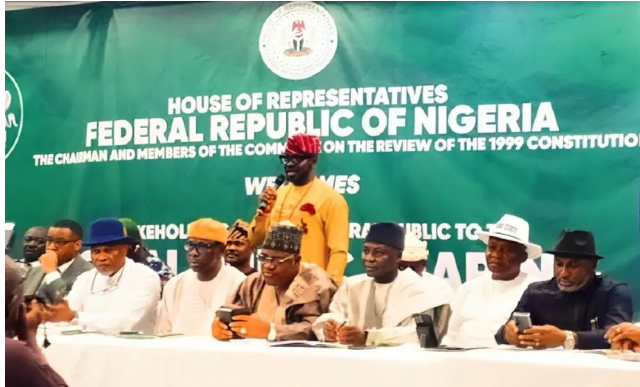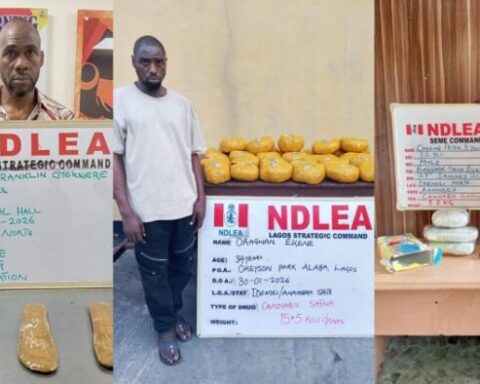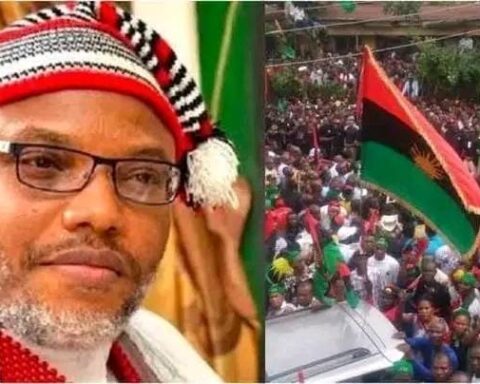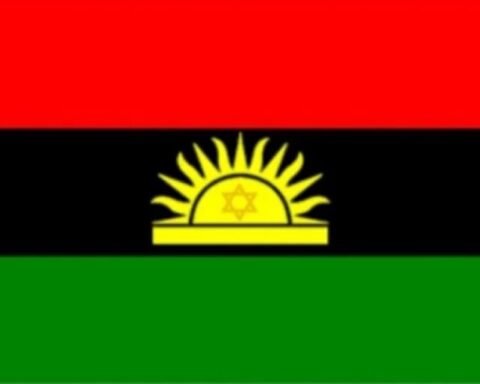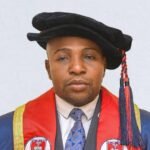The House of Representatives Constitution Review Committee, Subcommittee for Zone B (South-South), has concluded its sitting with robust conversations on state creation, resource control, and true federalism taking center stage.
The committee, led by the Minority Leader of the House, Hon. Kingsley Chinda, said the ongoing review is aimed at producing a people-driven constitution that reflects the collective aspirations of Nigerians.
Speaking at the conclusion of the South-South zone B engagements in Calabar, Hon. Chinda described the exercise as “a critical moment where Parliament must speak with the people and not just for them.”
“We want to make our constitution one that will be owned by the people. This is why we have toured all zones, with two centers in each, to collate inputs from citizens on areas they believe require amendment,” Chinda stated.
He revealed that the committee had successfully gathered submissions from stakeholders in Rivers, Akwa Ibom, and Cross River States, which, according to him, will be presented to the National Assembly for further deliberation.
“Our intention is that the constitution amendment will take place twice within this 10th Assembly. We are confident that by the end of the year, we will conclude the first phase of the document and proceed with the second phase before the Assembly winds up,” he assured.
The engagement in Calabar saw renewed agitation for the creation of Ogoja State out of the present Cross River State.
Addressing journalists, Chief of staff to the governor of Cross River state, Hon Emmanuel Ironbar argued that the demand is not antagonistic but driven by the need for equitable development in the region.
“State creation has immense economic importance. It will bring governance closer to the people and unlock development opportunities for the region,” he said.
Responding to questions, he emphasised that the Cross River State government is not opposed to the aspiration of the people of Ogoja for statehood.
“If the people of Ogoja, in their majority, want a state, the government cannot do otherwise. It will even be advantageous to Cross River as it will accelerate development,” Ironbar added.
Professor Eyo Etim Nyong, a notable academic and community leader, described the ongoing review as “long overdue,” adding that the current constitution is “a one-man drafted document that favors one segment of the country.”
“For the first time, we have a government determined to bring in the people’s interest into the Constitution. We totally support and stand by this process. Every state will benefit from a properly amended Constitution,” Prof. Nyong said.
The Deputy Governor of Cross River State, Rt Hon. Peter Odey, who represented Governor Prince Bassey Otu at the event, welcomed the committee members and dignitaries, urging them to ensure that “the voices of the South-South people are well captured in the final document.”
“This exercise is crucial to national unity, peace, and sustainable development,” Odey remarked.
In the memorandum on Creation of Ogoja State submitted by former Attorney General of the federation and Minister of Justice, Kanu G. Agabi, SAN, on behalf of of the people of North, he stated that historically the agitation for states in our country was initially limited to the demand for the Middle Belt State, the Midwest State and the Calabar-Ogoja – Rivers State.
He said in an answer to those demands, the nation proceeded to proliferate states so that the purpose for which minority communities made those demands was totally and completely defeated and since then the condition of the minorities has worsened and has never improved as they continue to suffer.
Agabi, 79, lamented that the Ogoja people have suffered all forms of indignities ranging from lack of electricity, access roads, water and functional schools in almost all the villages, adding that the minds of the young have been brutalised even as the majority of the people live in squalor amid the opulence of their leaders. Thus, the “agitation for Ogoja State so as to be given the opportunity to take our lives into our own hands
The consultative session drew participants from across the South-South, including traditional rulers, civil society organizations, youth and women groups, and other critical stakeholders, all of whom submitted memoranda addressing diverse constitutional issues.
The House of Representatives Constitution Review Committee is expected to synthesize these inputs and present them to the National Assembly before transmitting to State Houses of Assembly for ratification as required by law.
As the committee rounds off its zonal hearings, Nigerians are watching closely to see if the process will usher in a more inclusive, equitable, and people-centered constitution
Various ethnic groups, CSOs, NGOs, Traditional institutions, religious bodies and security organizations from the Cross River, Akwa Ibom and Rivers States that make up zone B of the subcommittee made different presentations and top on the list was the creation of states.
